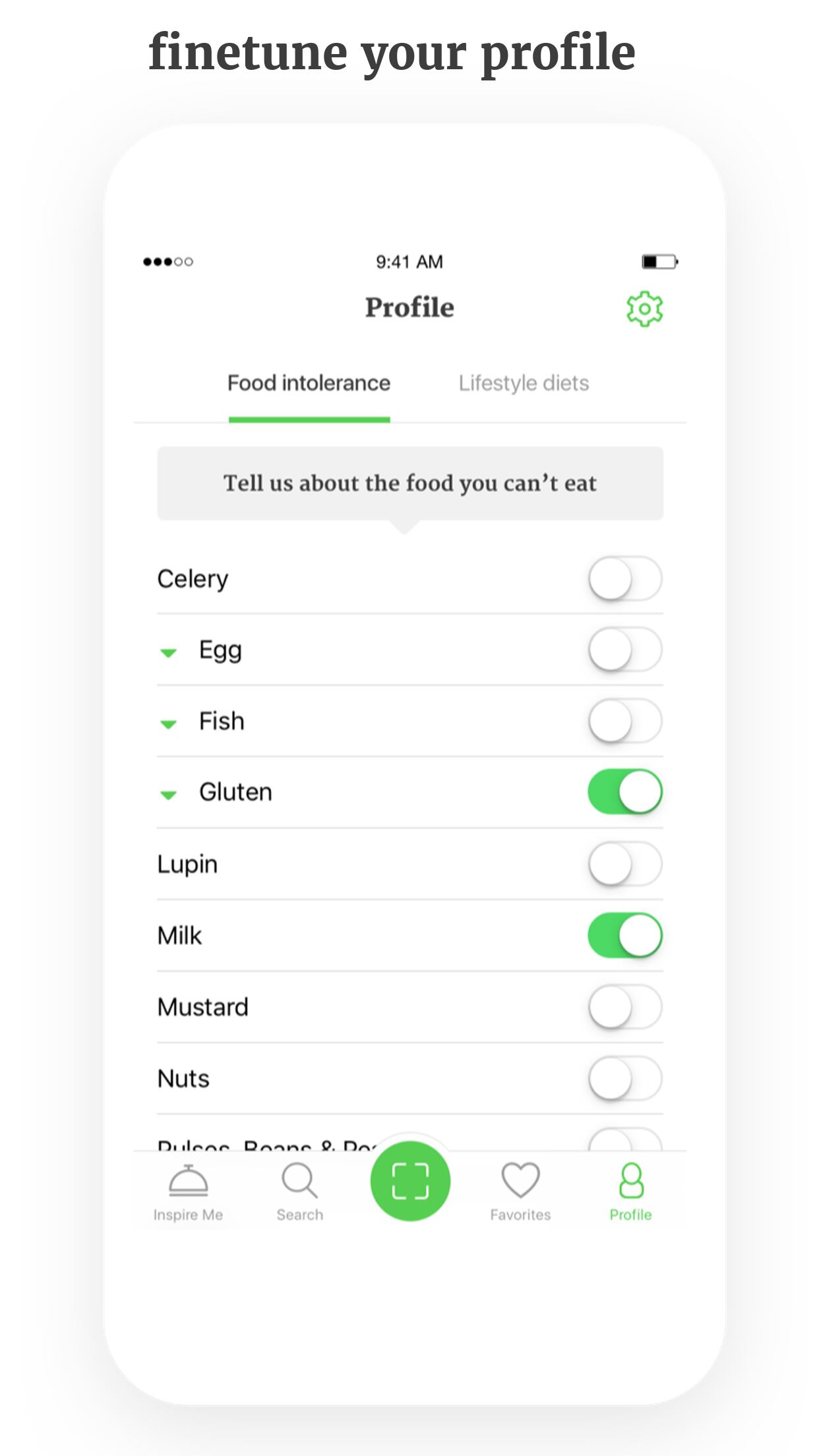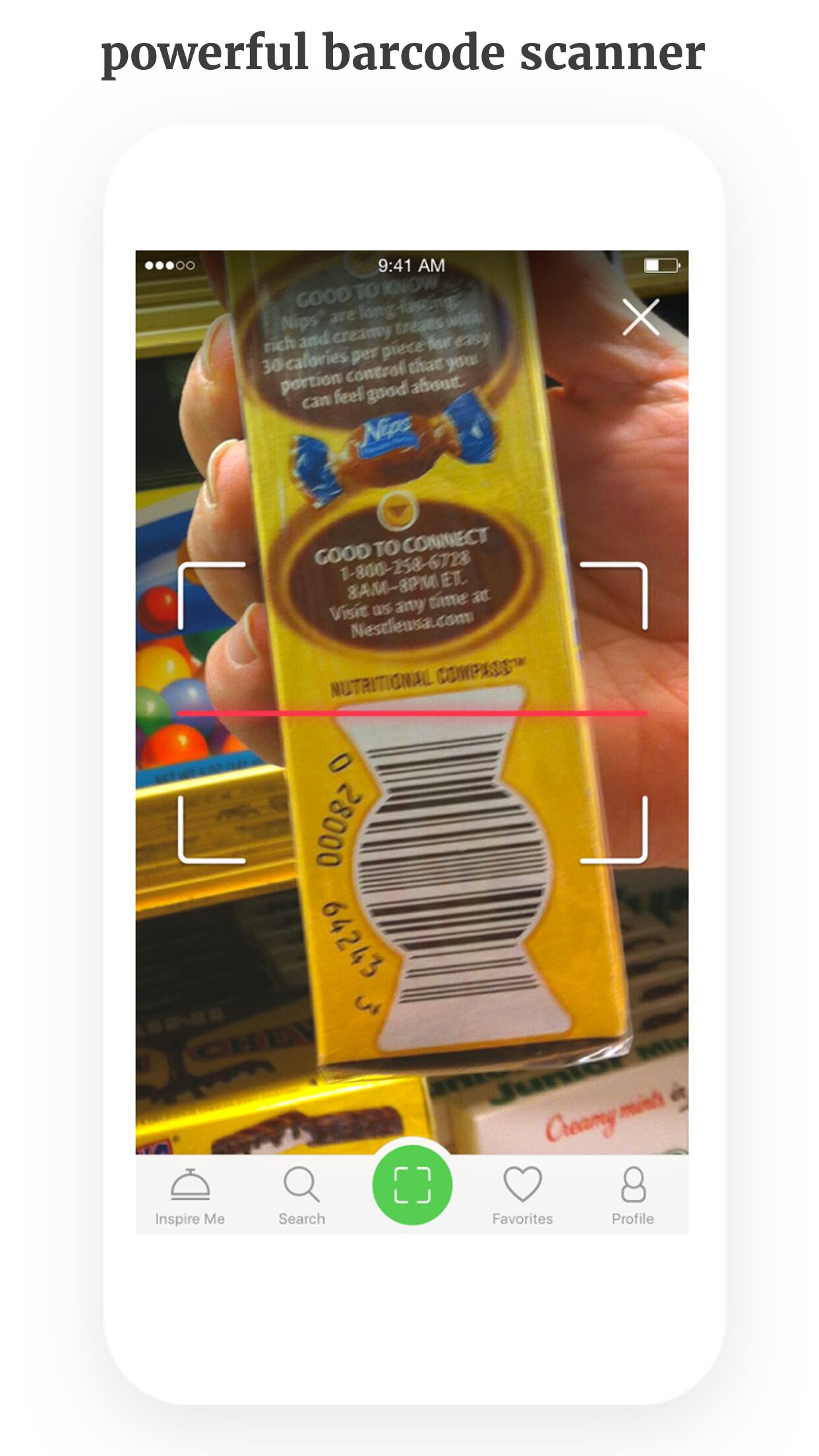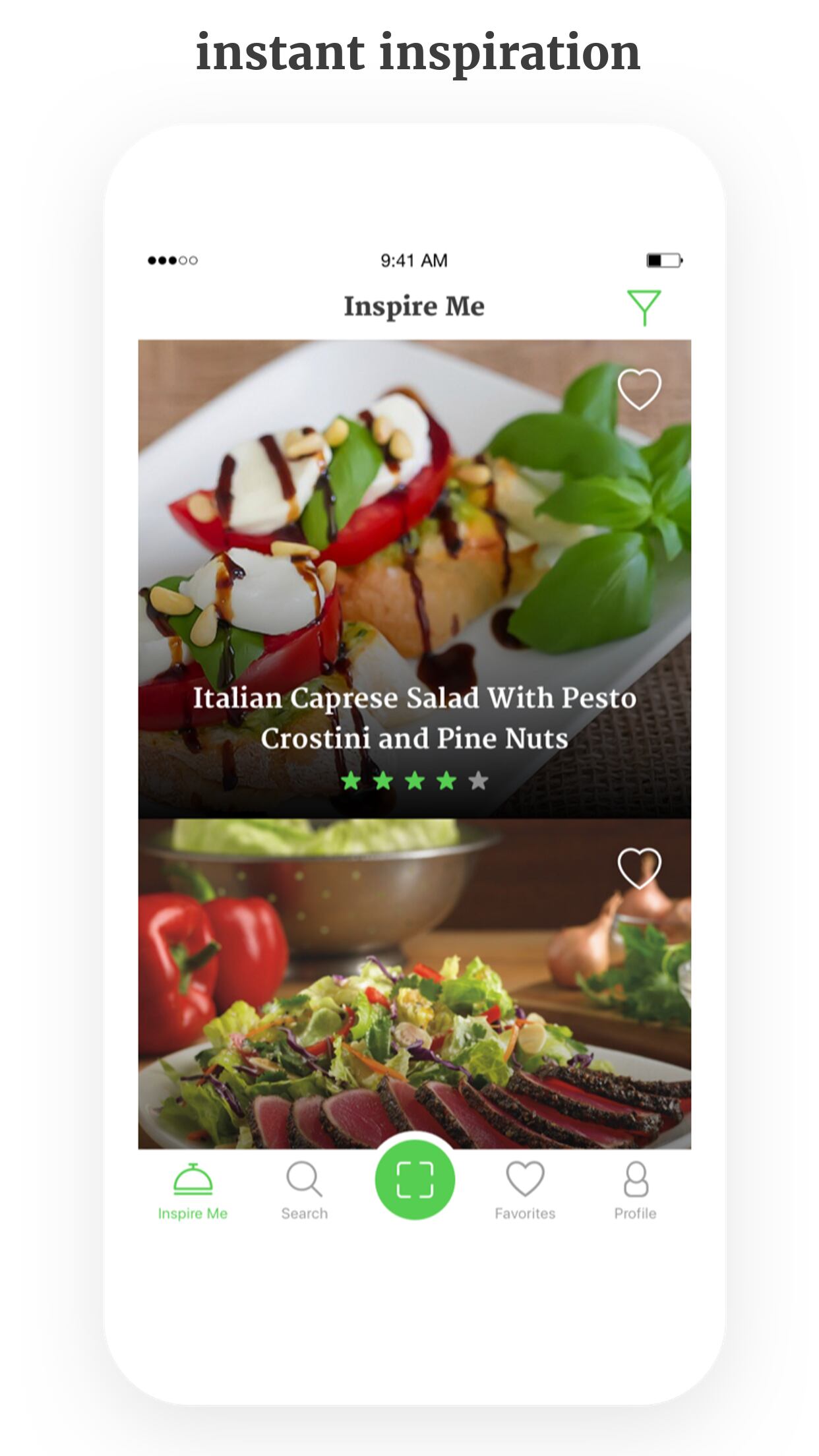The UK-based company, launched just over three years ago, uses artificial intelligence (AI) and machine learning to classify food products and recipes in its own database, which then marks them as being suitable or unsuitable for a variety of different dietary needs.
“Fundamentally, we are an AI-based food classification platform,” Stripf told NutraIngredients. “We have assessed 95% of all products that are commercially available in the UK, for example. So we have all of these products in our database and we have got hundreds of thousands of recipes in our database which we also run through our engine, and we augment the product label with additional dietary information.”
The idea for Spoon Guru came about from personal circumstances, said the CEO – revealing that his wife has food allergies and intolerances.
“I felt that shopping in a supermarket, trying to understand and read the back of a packet and at times I just wanted an app that could help me to quickly understand the ingredients - but I couldn't find anything,” he said.
As a result, Stripf got together with two friends – who are now co-founders – “to really tackle this problem head on.”
‘What’s missing is the bit in between’
“What I love about this is that the problem is very clearly defined,” he said. “People have specific dietary needs, whether you have an allergy or want to follow a specific healthy lifestyle or are perhaps vegetarian.”
“So people have increasingly complex dietary needs, and yet finding suitable products is really difficult. And it shouldn't be in this day and age, because the products exist.
“There is a wealth of fantastic products in the marketplace, and there is clearly demand from a huge segment of the population to find these products,” he noted.
“What's missing is the bit in between - and that's what we've set out to fill.”
While the company set out initially to solve issues for people with potentially serious food allergies, Stripf says the company is now 'absolutely' looking at utilising its technology to help shoppers make purchase decisions for health and wellness – for choosing ‘good for you foods’ rather than simply avoiding potentially harmful ones.
"We are now moving into the personalised nutrition space,” he said – noting that demand from the Spoon Guru users has also partly dictated the move.
“We started out in the allergy space, because that is the hardest problem to solve. And there is fewer margin for error,” he said. “If somebody has a nut allergy then people can be hospitalised, or worse, so we engineered our solution to be able to stand up to that level of scrutiny.”
“But now that we have that capability we can also support any kind of diet. We are getting a lot of requests relating to helping people to make healthier choices.”

Hyper-personalised
Another quite surprising development, according to the technology expert, is the fact that many users want to use multiple filters when searching for foods.
“When we started out we knew that there would be a number of vegetarians out there, a number of coeliac out there, a number of people who are very health conscious and want to cut out sugar,” Stripf told NutraIngredients.
“We assumed that we would have all of these buckets of people you need to support, but what we are seeing now is that people have multiple food preferences and on average people have selected 3.3 food preferences when they set up their profile.”
The CEO added that the fact that somebody may be coeliac or vegan does not mean that they don't also want to consumer less salt or sugar – for example.
“This, we find fascinating, because this has really allowed us to reposition ourselves a lot as a hyper-personalised service provider,” he said. “We [now] realise that pretty much everybody will have a very unique set of desires or requirements, and we now really encourage people to bring them out.”
“Our philosophy is that if you can tell us what it is you like, or what you can eat and can't eat, what you're trying to avoid, then if it exists then we will find it for you. We will make it easier for you to find the foods you are looking for,” he said.
Partnerships & commercial success
While the initial Spoon Guru app is freely available for all to use – and will remain free forever – the company is looking to push ahead with partnerships with a range of global retailers, e-tailers, and digital health companies as it looks to establish its system as the dominant technology in the personalised nutrition and personalised shopping space.
Stripf said the Spoon Guru business model looks to make its biggest impact on consumers, in addition to all of its money, through such partnerships.
The company is already in a partnership with UK retail giant Tesco, and will shortly be announcing more retail partners, he revealed.
“The success of our business is based on how many people we reach through our partner network, and we are reaching millions and millions of people already through our partnership with Tesco and other partnerships that we will be announcing soon,” said Stripf.
“If you go to Tesco.com and, for example, search for vegan sausages or low salt sausages then all of that search facility and feedback is powered by Spoon Guru,” he explained. “That is our business model and we are now in conversations with retailers from around the world who are keen to license our technology to help their consumers to find exactly what they are looking for.”
Better-for-you search
Alongside its first UK retail partner, Tesco, Spoon Guru has already begun to roll-out a number of health related diet search capabilities.
While initially focusing on areas like cutting down on sugar or salt, there are a growing number of other health-focussed diets too, said the CEO.
He added that Spoon Guru is also working on a number of 'healthier diets' with Tesco and other partners - one called simply 'healthier me'.
“What we want to do is to make it easier for people to bring about a gradual improvement in health,” he said. “So rather than cutting out all sugar from people's diets – which they struggle with – we're going to make it easier for them by reducing the sugar intake over time, so that they find it easier to embrace the diet and stick to the regime.”
In addition to Tesco, the company has also partnered with Public Health England, and were part of the team behind the Change4Life diet campaigns ran in the UK recently.
“This is a very exciting area for us and we are developing a number of proprietary diets in this space that will allow people to effectively tell us what their objectives are and then we find the right, personalised diet for their specific requirements.”
Indeed, Stripf says Spoon Guru has ‘a very ambitious roadmap’, in which it has identified more than 100 ‘aspirational diets’ which will all be rolled out within its app and to partners within the next nine to 12 months.
“They will all fall into those areas of either healthier living or helping people achieve specific objectives,” he commented.

“We are moving into areas where people are basically saying 'I'm pregnant - what products do you recommend to meet my doctors diet advice', or perhaps ‘I want to get pregnant’, or ‘I want to run a marathon’,” Stripf added.
“We really want to demonstrate that people who have specific dietary requirements – for whatever reason – that they should not need to struggle to find foods that for their needs. It should just be seamless,” he said.
Beyond retailers: Digital health
Stripf told NutraIngredients that there is ‘absolute potential’ in using Spoon Guru’s technology platform in news ways, and for integrating other technologies and inputs into the system.
“Some of these opportunities I cannot disclose, but we are in advanced negotiations with non-retails who are keen to integrate our capabilities,” he told us – noting that there are a variety of fitness and health trackers where you ‘could imagine’ a benefit for the system.
Indeed, he added that there would be potential benefits for integrating the Spoon Guru technology into wider digital health apps and systems – such as the Apple Health range, or other similar activity and wellness systems.
“There is an obvious integration opportunity where people need to keep track of their dietary intake but right now they have to effectively manually maintain food diaries - which is crazy,” he said – noting that part of the Spoon Guru system is a powerful barcode scanner that links to its database of food products.
“If they had access to our technology they could just scan the Mars bar they have just eaten, and that would load up the nutritional breakdown, and track the intake. So that is an obvious opportunity for us to partner with some of these companies in the e-health and life science space,” he said.
The CEO confirmed that Spoon Guru is already pursuing partnerships in this area, and is ‘excited’ by the potential to use the system in different ways – adding that it will be announcing partnerships in this space in the coming months.
Global reach

As partnerships with multiple retailers, and the potential for developments with digital and e-health companies beckon, Stripf reiterates that it is the ambition of Spoon Guru to reach as many people as possible.
Spoon Guru is also set to launch its own app service into the US marketplace later this month, with partnerships in US retail expected to follow shortly after.
“We’re talking to retailers around the world and we really want to position ourselves as the dominant service provider, and the dominant technology platform that has solved this problem for consumers,” the CEO said. “We really want to take the hassle out of trying to find the right food for your specific requirements - and we want to do this globally.”
“Wherever you are, you should just be able to find whatever it is you are looking for. Whether you are cooking at home, our and about shopping, or when you're out and trying to find a restaurant.”
